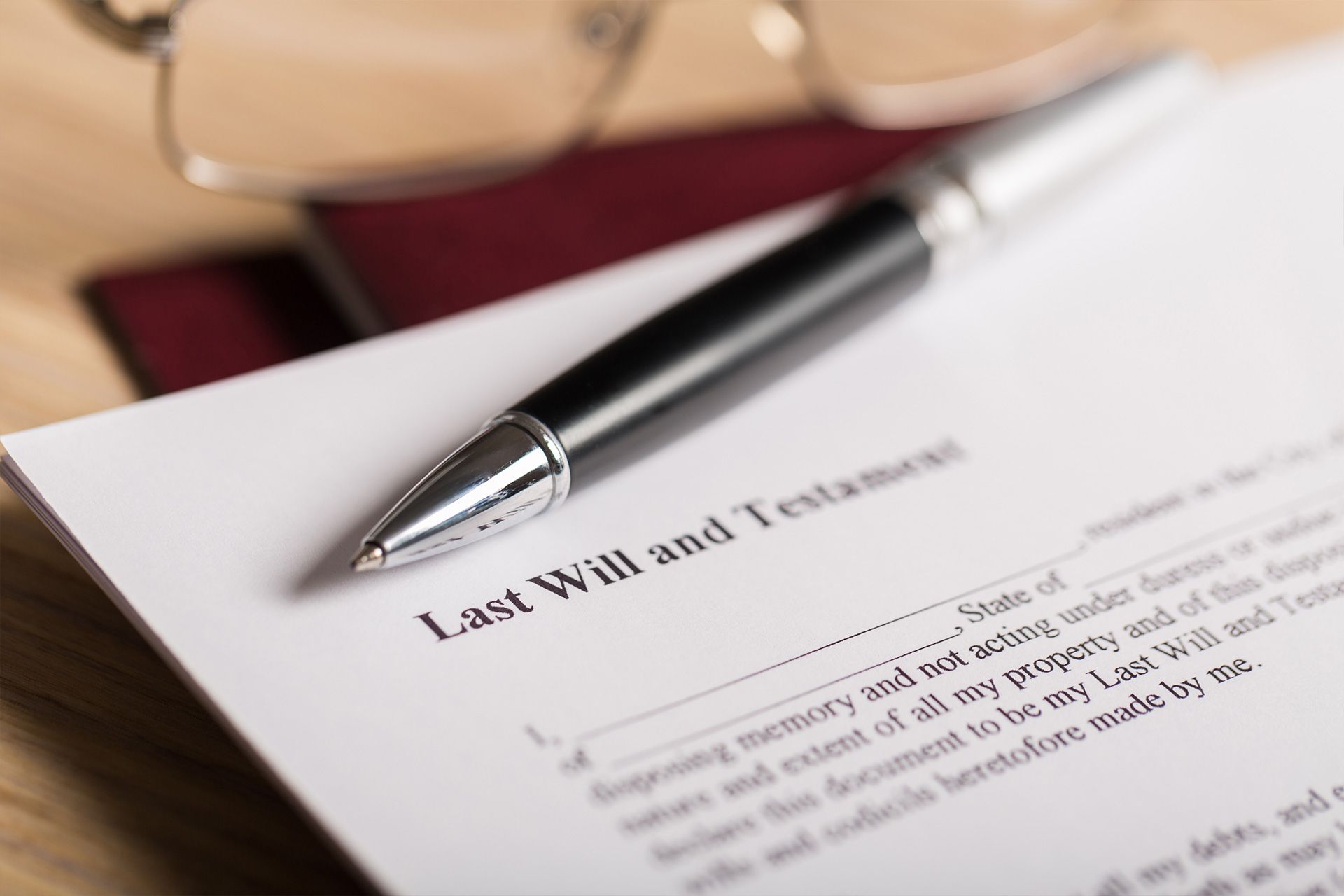Estate Planning vs Probate: Key Differences
When people hear the words estate planning and probate, they often think they mean the same thing. While both deal with what happens to a person’s assets after death, they are very different processes. Understanding the difference between the two can help families avoid stress, save money, and make sure a loved one’s wishes are carried out smoothly.
In this article, we’ll break down what estate planning and probate mean, how they work, and the key differences between them. By the end, you’ll have a clear picture of why planning is important and how the probate process can affect your family.
What Is Estate Planning?
Estate planning is the process of creating a plan for how your money, property, and personal belongings will be managed if you become unable to handle them yourself or after you pass away. It is not only about what happens after death—it also covers what happens during your lifetime if you become sick or disabled.
An estate plan can include:
- A will – A legal document that states who will receive your property.
- A trust – A way to transfer assets to loved ones while avoiding probate.
- Power of attorney – A person chosen to handle financial or medical decisions if you cannot.
- Healthcare directives – Instructions about your medical care in case you cannot speak for yourself.
The main goal of estate planning is to make things easier for your family, reduce taxes and costs, and ensure your wishes are honored. With the right plan, families can often avoid the long and costly probate process.
What Is Probate?
Probate is the legal process that happens after someone dies to transfer their assets to their heirs. If the person had a will, the probate court makes sure it is valid and that the instructions in the will are followed. If the person did not have a will, the court follows state law to decide who receives the assets.
The probate process usually involves:
- Filing a petition with the court to open the probate case.
- Proving the will is valid (if there is one).
- Appointing an executor or personal representative to handle the estate.
- Collecting assets like bank accounts, property, and investments.
- Paying debts and taxes owed by the deceased.
- Distributing remaining assets to beneficiaries or heirs.
Probate can take months or even years, depending on how complex the estate is. It can also be costly due to court fees, attorney fees, and other expenses.
Estate Planning vs Probate: The Key Differences
Although both estate planning and probate deal with what happens to someone’s assets, the two are not the same. Here are the main differences:
1. Timing
- Estate planning happens while someone is alive.
- Probate happens after death.
2. Control
- Estate planning gives you control over what happens to your property.
- Probate leaves decisions to the court if there is no will or if the will is challenged.
3. Cost
- Estate planning may cost money upfront to set up wills, trusts, and other documents, but it usually saves money in the long run.
- Probate can be expensive, with court and attorney fees cutting into what heirs receive.
4. Privacy
- Estate planning tools like trusts keep matters private.
- Probate is a public process, meaning anyone can see court records about your estate.
5. Speed
- Estate planning allows for faster transfer of assets, often avoiding delays.
- Probate may take a long time, especially if there are disputes.
Why Estate Planning Helps Avoid Probate
One of the biggest benefits of estate planning is that it helps families avoid or minimize probate. For example:
- Living trusts let assets pass directly to beneficiaries without court involvement.
- Joint ownership of property or bank accounts allows the surviving owner to take full control right away.
- Beneficiary designations on life insurance and retirement accounts ensure money goes directly to loved ones.
By planning, families save time, money, and emotional stress during an already difficult time.
Common Misunderstandings
Many people believe they don’t need estate planning if they don’t have a large estate. But the truth is, estate planning is for everyone. Even if you only own a home, a car, or have a small savings account, having a plan can make things easier for your family.
Another misunderstanding is that having a will avoids probate. In reality, a will must go through probate. The only way to truly avoid probate is by using tools like trusts, joint ownership, and beneficiary designations.
How to Decide What’s Right for You
Choosing between relying on probate and setting up an estate plan depends on your goals. Ask yourself:
- Do I want to save my family time and money?
- Do I want my estate to stay private?
- Do I want to make sure my wishes are followed without court involvement?
If you answered yes to these questions, then creating an estate plan is the better option.
Final Thoughts
While probate is a court process that happens after death, estate planning is a proactive step you take during your lifetime to make things easier for your loved ones. Estate planning gives you control, saves money, protects privacy, and helps avoid probate.
If you live in the U.S., planning is one of the best gifts you can give your family.
Contact Law Office of Mary E. King, PL, today to protect your legacy with smart estate planning.
FAQs: Estate Planning vs Probate
Does everyone have to go through probate?
No. Some assets like life insurance policies, retirement accounts, or jointly owned property can pass outside of probate. Estate planning tools can also help avoid probate.
Can probate be skipped if there is a will?
No. A will must be validated by the probate court. However, having a will can make probate smoother.
How long does probate take?
Probate can take anywhere from a few months to several years, depending on the size of the estate and whether there are disputes.
Is estate planning only for wealthy people?
No. Estate planning is helpful for anyone who owns property, has savings, or wants to make sure their wishes are followed.
What happens if someone dies without a will?
If there is no will, the state decides who inherits property under intestacy laws, which may not match the person’s wishes.
Disclaimer: The information on this website and blog is for general informational purposes only and is not professional advice. We make no guarantees of accuracy or completeness. We disclaim all liability for errors, omissions, or reliance on this content. Always consult a qualified professional for specific guidance.
RECENT POSTS
CONTACT US






